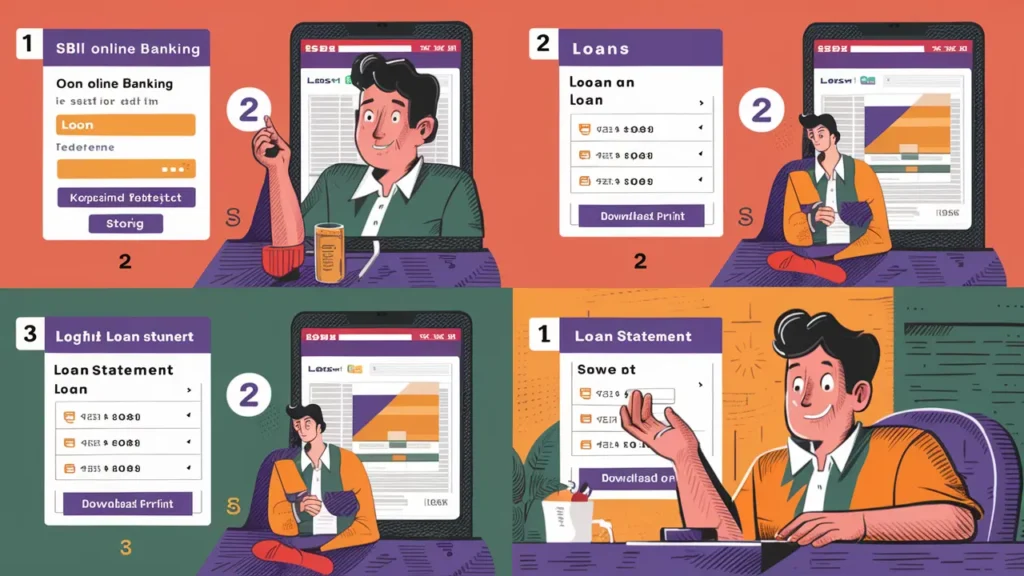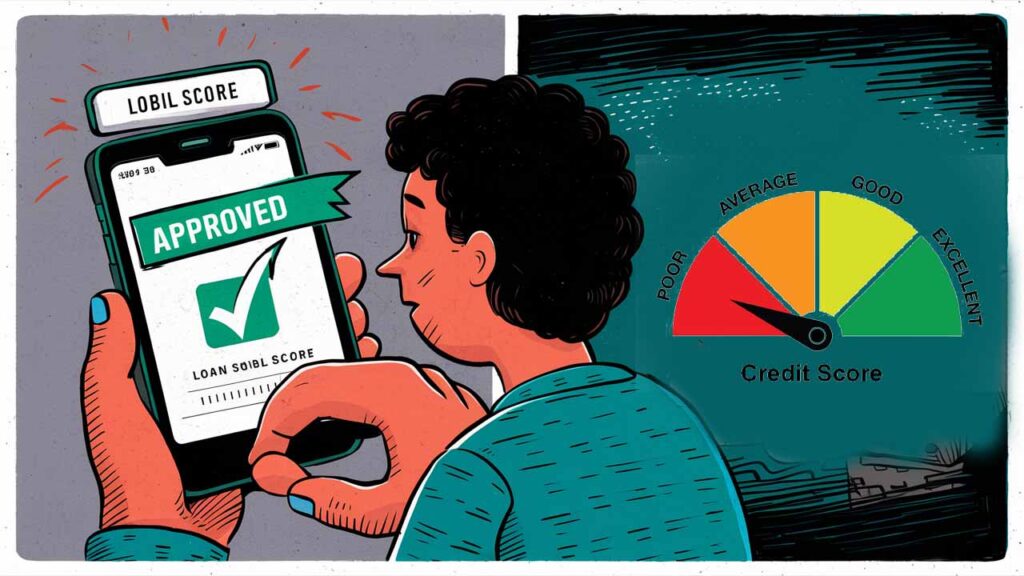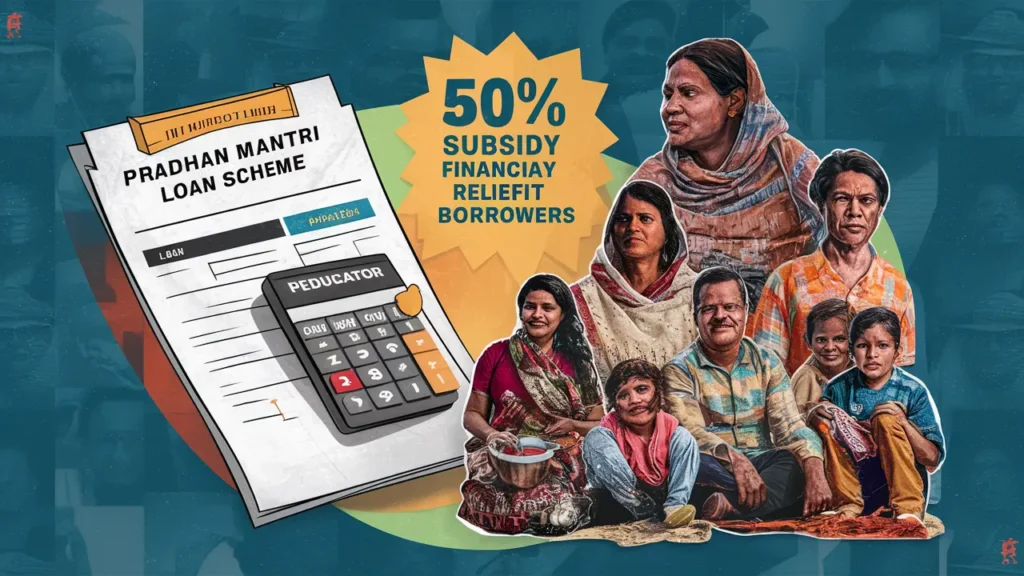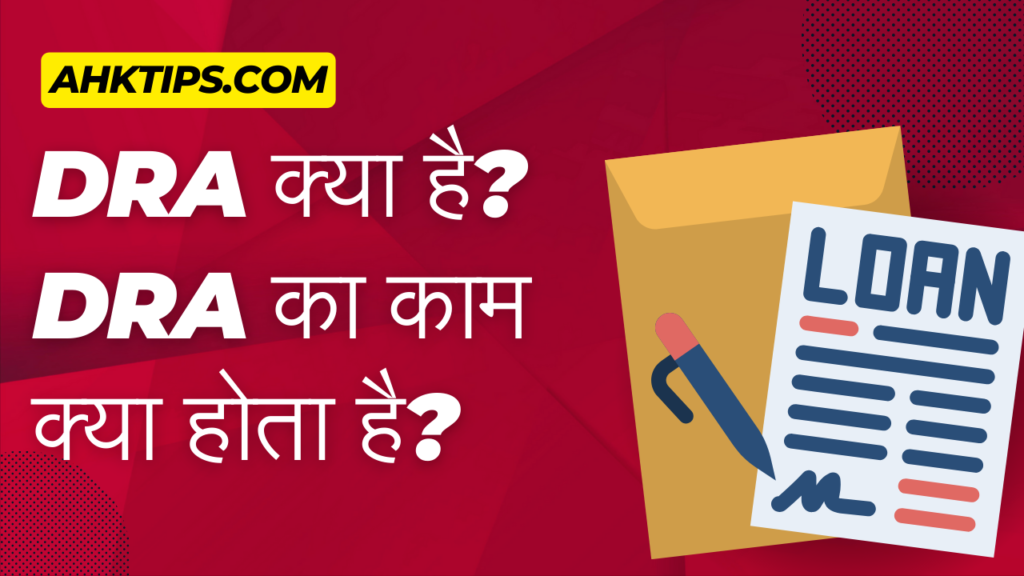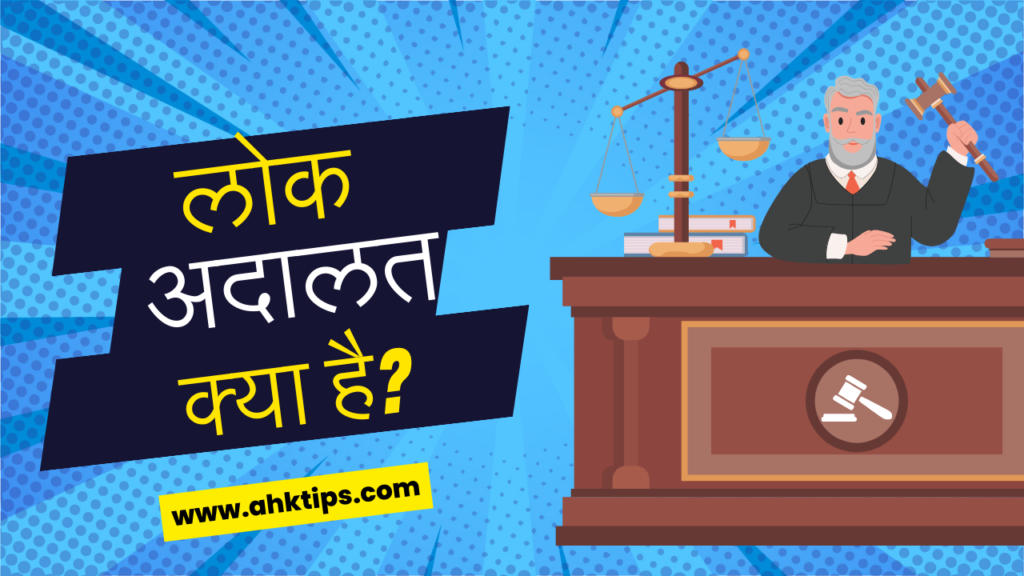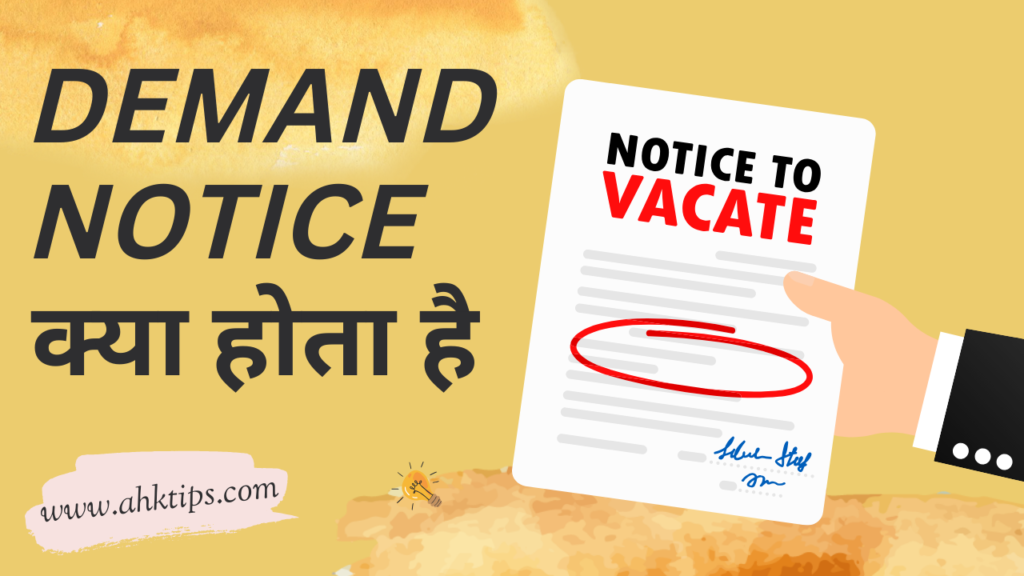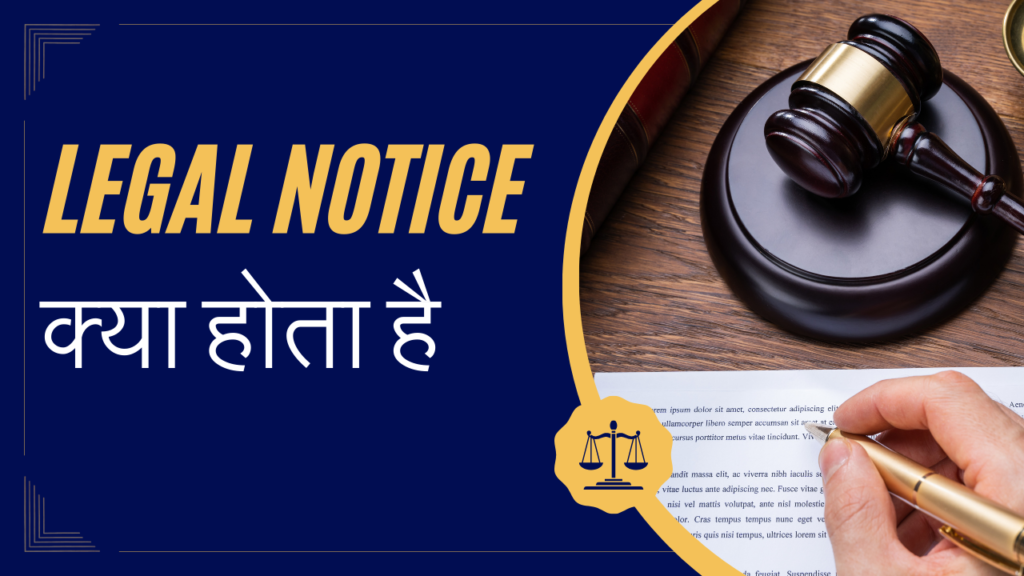Summary
Generally, banks reject loan settlement requests when debtors fail to provide concrete evidence of financial difficulties or ongoing EMI payments. Clear verification from job loss letters, medical bills or income loss statements is required by lenders. Reasons for rejection include lack of communication background, clear assets, consistent income or unreasonable settlement recommendations. Since they view it as a financial loss, banks only approve settlements when recovery using other strategies seems impossible. Your proposal may be turned down altogether if it seems inadequate or unsupported. Only when necessary should borrowers stop EMIs; otherwise, they should maintain channels of contact, make honest, well-documented requests to increase the chances of approval. When banks see genuine effort and transparency, they are more willing to discuss and perhaps compromise.
Introduction
Under loan settlement, a bank agrees to conclude your debt for less than what you originally owed. Although this would sound beneficial to deny settlement request if you have financial problems, banks do not readily approve settlement requests. They meticulously go over every case and frequently turn them down for inadequate paperwork or weak justification. Your settlement plan can be turned down if your request does not clearly show actual hardship or if you continue paying EMIs. Other typical causes could be low recovery risk from your profile, no past correspondence with the bank, or an unrealistically high offer. Present good evidence, keep in touch with your lender, and provide a reasonable suggestion to raise your prospects. This article shows how to avoid certain errors and why banks turn down settlement requests.
Poor Justification for Financial Hardship
When you can’t completely pay back your debt, loan settlement can provide relief; it’s not always accepted. A weak or poorly recorded claim of financial difficulty is one of the most often used grounds banks reject settlement requests based on. Before they agree to lower what you owe, lenders want strong proof.
Why Banks Take Settlement Requests Seriously
Settlement is the lender’s pardon of some of the entire loan. This affects the financial records of the lender, so the choice is not taken lightly. Before agreeing to settle, they evaluate the borrower’s capacity to pay using documentation, past performance, and conduct.
Your request could be denied right away if your hardship claim seems nebulous or unfounded.
Common Reasons Banks Deny Settlement Requests
Inadequate Proof of Financial Difficulty
Not enough is a straightforward assertion that you have problems paying back the debt. Banks demand accurate documentation. This covers letters on job loss, medical costs, or company loss reports. Should these be absent or unclear, the bank could conclude you are attempting to evade payment rather than dealing with actual problems.
Consistent Income or Cash Flow
If the bank discovers consistent income from your salary deposits or business earnings, even if you state you’re under pressure, they could reject settlement requests because you still have repayment capability.
Lack of Prior Communication
Suddenly demanding a settlement without first trying to restructure or contact the bank increases the likelihood of rejection for borrowers. Working with someone who has kept them updated appeals to lenders.
How to Justify Financial Hardship Properly
Your hardship explanation should be thorough, supported by data, and sent in writing if you want better odds of approval. Share and clarify your circumstances by:
- Income proof showing a drop or stoppage
- Medical records and, if relevant, hospital bills
- Notes on termination or layoff letters
- Tax returns showing income loss
Your records should indicate that it is impossible to keep EMIs constant without compromising basic needs like food or medical treatment.
What Lenders Expect in a Genuine Case
When banks get a settlement request, they search for indications that the borrower:
- Attempted to pay back
- Experimented with EMI restructuring first
- Is it not hiding alternate income or assets?
- An open and honest communication style.
Failing in any one of these categories could cause rejection.
Alternatives If Your Settlement Request Is Denied
Should your request be denied for inadequate justification, you have alternative options. Reducing EMIs or longer terms by loan restructuring lets you avoid severely negative effects on your credit score. While some banks also provide hardship programs, these call for prompt application and teamwork.
Rejecting once does not mean you have few choices. Changing your records and proving your inability to pay back could provide you with another opportunity.
Approaching lenders properly depends on knowing why they are turning down settlement proposals. A solid and well-documented hardship case helps you avoid more financial stress and raises your chances of acceptance.
Regular Loan Payments Still Being Made
Usually seen as a last alternative when the borrower cannot pay back the debt in full, owing to actual financial difficulties, is loan settlement. On the other hand, banks might refuse settlement requests based on your apparent financial stability if you keep paying consistent E MI installments.
What Settlement Means to Lenders
Settlement is the process by which a borrower asks to conclude a debt by paying less than first agreed upon. Banks view this as a financial loss and only give this thought if they are certain the borrower cannot realistically pay the entire amount.
The lender has little cause to suspect that you are under financial strain if your payment record still shows consistent EMIs paid on time.
Why Regular Payments Lead to Rejection
Seen as Ability to Repay
Banks presume you can handle the debt when they see you regularly paying either full or even partial payments. That weakens your settlement demand. It seems to them that instead of seeking treatment because of real suffering, you are trying to avoid paying the entire cost of return.
Lack of Urgency or Distress
Usually, in dire circumstances like job loss, company failure, or medical difficulties settlement is offered. Should your account show constant income or timely EMI deductions, the bank is likely to reject settlement calls, as there is no indication of financial collapse.
No Signs of Delinquency
Usually not taken into consideration for settlement are loan accounts in early stages of default—that is, not in default at all. Should you still be on your payment schedule, the lender can advise restructuring rather than allowing for settlement.
What Banks Look For Before Offering Settlement
Banks want to be sure that the only choice for recovery is settlement. Their evaluation:
- Whether EMIs have stopped completely
- Should the borrower exhibit any current defaults,
- presence of any hardship documentation
- Borrower explain their situation through communication
Should these elements be absent and you still pay EMIs, the bank will not feel under compulsion to accept a loss through settlement.
Better Alternatives If Payments Are Still Ongoing
Before things become worse, if you are suffering but still controlling EMIs and believe you might soon default, you might be better off investigating loan restructuring. One can ask:
- Lower EMIs through longer loan tenure
- Moratorium-based reprieve from payments
- Waiver of late payment penalties or lowered interest rates
These actions enable you to handle your debt without seriously compromising your credit score.
Preparing for a Future Settlement Request
You should cease EMIs only if required, if your financial situation is worsening, and you feel you could soon be unable to pay. Early on, though, let your lender know about your circumstances; document it and keep all of your correspondence official and unambiguous.
Knowing how consistent payments affect your lender’s choice can enable you to better plan. Should banks reject settlement petitions based on your payment record indicating stability, you could have to wait till your hardship is clear-cut or try alternative types of relief first.
Lack of Negotiation History or Communication
When borrowers have trouble paying back their loans, banks sometimes require them to be open and timely communicators. They can reject your abrupt approach with a loan settlement demand straight away if you approach them without any prior negotiations or updates.
Why Communication Matters in Loan Settlements
One non-typical way of repayment is loan settlement. It is provided only in very rare cases if the borrower is unable to pay the whole loan amount. Usually, following other possibilities like restructuring, lenders view it as a final resort.
Should your request come out of nowhere, without prior attempts to discuss or clarify your circumstances, s—it may call for questions regarding your eligibility and sincerity.
How Poor Communication Affects Settlement Decisions
Signals Lack of Transparency
Ignorance of borrowers towards their lenders indicates a lack of accountability. A quick settlement request could seem like an attempt to evade complete repayment instead of a sincere cry for help. This can lead banks to turn down settlement requests even in cases of financial crisis.
No Record of Effort
Lenders want to know whether you have tried to at least talk about your issues, restructure, or pay back debt. Should an email, letter, or call not be recorded before your settlement request, the bank lacks the basis to confirm your hardship or eagerness to address the problem.
Missed Opportunity for Restructuring
Many times, banks would rather restructure than settle, as it keeps the loan account open. Borrowers forgo the opportunity to investigate these options without prior notification. This drives banks to act without considering all the factors, usually leading to rejection.
What Lenders Expect Before Settlement
Before considering a Deny settlement request, banks typically look for indicators including:
- Previous borrower contact outlining their circumstances
- Letters or emails requesting help or displaying financial difficulty
- Efforts at loan restructuring or EMI adjustment
- Revised records illustrating medical hardship or income loss
Should none of these actions be performed, the lender could be blindsided and decide to instantly reject settlement requests.
How to Build a Communication Record with Your Lender
Start with honest, consistent communication to raise your prospects of a settlement being taken under consideration. Here’s what might be useful:
- Send written demands for restructuring or EMI relief.
- Share medical bills, termination letters, or income statements.
- See them often to demonstrate continuous effort.
- Request recognition of your needs and retain copies of all communications.
This helps to develop faith by proving that you are behaving honourably.
Steps to Take Before Submitting a Settlement Request
Don’t wait until you are in default if you believe you may soon need to ask for a settlement. Get the discussion started early. Describe your financial problems, inquire about possibilities, and record the conversations.
Knowing that banks could turn down settlement requests because of a lack of past interaction will help you prevent rapid denials. The approval procedure revolves mostly around open and honest communication.
Low Risk of Recovery Assessment by the Bank
Before sanctioning a loan settlement, banks consider several elements. Their denial of settlement petitions stems mostly from their internal evaluation indicating a poor risk of retrieving the loan amount by legal or conventional means.
What Does “Low Risk of Recovery” Mean?
Before considering whether to accept a settlement offer, lenders evaluate every borrower’s legal enforceability, financial situation, and payment record. The bank has no incentive to take a smaller sum if it thinks it can pay off the outstanding debt without much trouble.
This means the bank is probably going to view you as recoverable, whether you have valuable assets, have a consistent income, or run a still-active company.
Why Banks Deny Settlement in Low-Risk Cases
High Asset Visibility
Should your financial profile disclose real estate, investments, or corporate ownership, the bank could favour legal recovery. These outward qualities offer people hope that the money may be obtained via legal procedures, including court decisions or recovery agents.
Consistent Income Stream
Should your consistent revenue come from a work or business, the lender might not consider you to be in financial crisis. Even if you have defaulted, a consistent income qualifies you strongly for structured programs instead of a settlement.
Collateral in Place
If the bank retains any collateral, such as property, machinery, or a deposit, in secured loans, they are more likely to proceed with asset seizure or auction than settle the loan at a reduced value. This security raises recovery hope and reduces financial risk.
How Banks Evaluate Recovery Potential
Internal teams or recovery agencies help lenders determine if a borrower is “worth settling.” This spans:
- Reports from credit buses
- Statements on bank accounts
- Asset confirmation
- Income tax forms
- Field visits by recovery agents
Should these tests provide sufficient data to support complete recovery, the bank will most likely flatly reject settlement claims.
Signs the Bank Sees You as Low-Risk
Should you find the following circumstances, the bank most likely perceives a good possibility of complete recovery:
- You work for a recognised company.
- Your defaulting hasn’t been long.
- You still own some real estate or a business.
- Legal notices haven’t forced you to respond yet.
.
Under these circumstances, lenders are more likely to wait, press, or pursue legal action than to accept a smaller payment.
What You Can Do in Such Situations
If you are unable to pay but the bank views you as low-risk, you have to provide thorough records of financial difficulty. Think about the following:
- Send documentation of illness, job loss, or business closing.
- Emphasise high costs that lower your revenue potential.
- Ask for restructuring first, then for a settlement.
- Stay in regular contact with the bank.
Understanding that banks turn down settlement requests in response to confidence about recovery will help you approach the process more deliberately. Before asking for any settlement, you must change their perspective.
Unacceptable Settlement Offer or Proposal
The way the bank evaluates your loan settlement depends much on the strategy you show them. Lenders are inclined to reject settlement requests without more discussion if the offer is too low or the criteria seem illogical.
Why Lenders Reject Poor Settlement Offers
Not a charity, a deny settlement Request is a financial compromise. Banks seek a reasonable and sensible offer, even if they might agree to lower the existing debt. It is deemed improper if the offer indicates the borrower is trying to leave the loan with minimum payment or suggests she is reluctant to pay a fair proportion.
Factors That Make an Offer Unacceptable
Extremely Low Repayment Amount
Should the suggested payment be far less than the principal or a meagre fraction of the outstanding debt, banks could view your intention with suspicion or disdain. Denies those that seem arbitrary or too low right away.
No Proof of Financial Inability
Lenders check whether the borrower can afford to pay additional interest. Your offer can be deemed as unjustified without supporting records, including medical costs, termination letters, or business losses. Sometimes, an unsupported offer causes them to reject settlement requests even before a thorough investigation.
Lack of Lump-Sum Payment Option
Banks would much prefer a one-time settlement than long-term delayed payments. If the bank calls for modest amounts paid over long periods without an upfront payment, your offer reduces their confidence. Less likely to be accepted are offers without a large lump sum.
How to Structure a Reasonable Settlement Offer
Research the Outstanding Balance
Before you offer, know how much is due, including penalties and interest. A good settlement offer demonstrates authenticity by respecting a fair part of the whole.
Offer a Practical Lump-Sum Amount
Try to show a one-time payment that fairly reflects your real capacity. Even if it’s less than the amount, it should be close enough to entice the bank to consider negotiation. Avoid imprecise or open-ended repayment plans.
Support with Documentation
Attach documentation that supports your claim of financial hardship. These might include:
- Job loss letters
- Medical records
- Business closure proof
- Bank statements displaying minimal amounts
This enhances the odds that your offer is seen as realistic, not opportunistic.
How Banks Assess Settlement Proposals
Lenders look at your former repayment history, current financial circumstances, and the settlement amount supplied. They compare this data with their internal recovery models. If the proposal looks weak, unsupported, or unreasonable, they will simply discard settlement requests and proceed with recovery.
Tips to Avoid Rejection
Regarding the acceptance rate of your offer:
- Avoid suggesting emotionally or unplanned.
- Get aid from a financial expert if needed
- Maintain continuous communication with the bank before making the bid
Request a discussion before making a written offer.
One of the most often cited reasons banks reject settlement requests is a low or unrealistic proposal presented without background, data, or a suitable framework. A deliberate and honest proposition enhances your possibilities substantially.
Conclusion
Debt settlement Request is not guaranteed; many petitions are rejected due to insufficient documentation, poor presentation or proof that the borrower may still be able to pay. Banks must show clear financial concerns, past communication and a reasonable offer before accepting payment. If you still make regular payments or you have not tried to change your loan before, your chances of settlement decrease. You still have options that include a second attempt based on restructuring or record correction, even if you have been rejected once. Always focus on showing your true financial situation and maintaining open communication. Settlement is the last resort; only those who clearly show they cannot pay back have a chance of getting a serious settlement. Knowing the reasons for rejection strengthens your case and helps you avoid meaningless delays or rejections.
FAQ’s
Ans: If you keep consistently paying, banks will reject unreasonable offers, poor hardship evidence, or constant EMIs.
Ans: Actual problems show up in termination letters, medical bills, income tax returns, and business loss proof.
Ans: You could indeed try loan restructuring or reapply with better records before a new settlement offer.
Ans: Only after notifying the bank, and strictly essential only. Unannounced defaults, you’re free from communication, could jeopardise your case.



